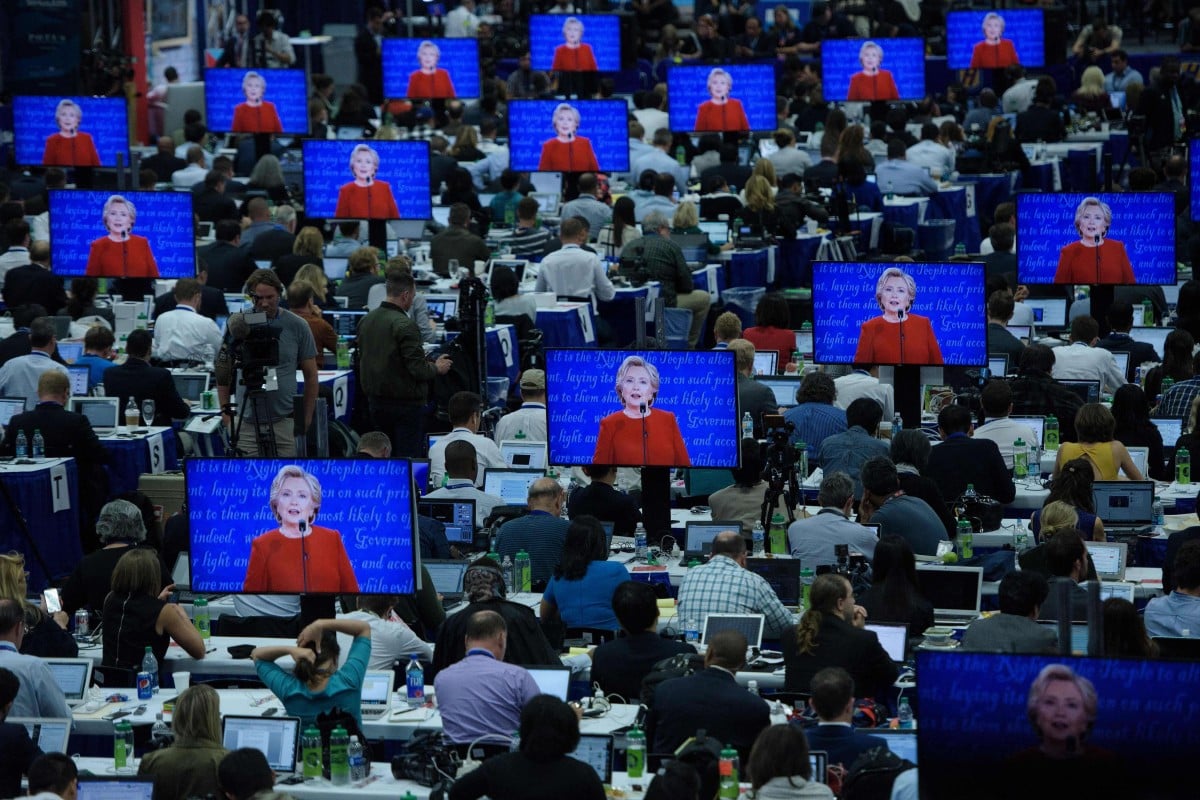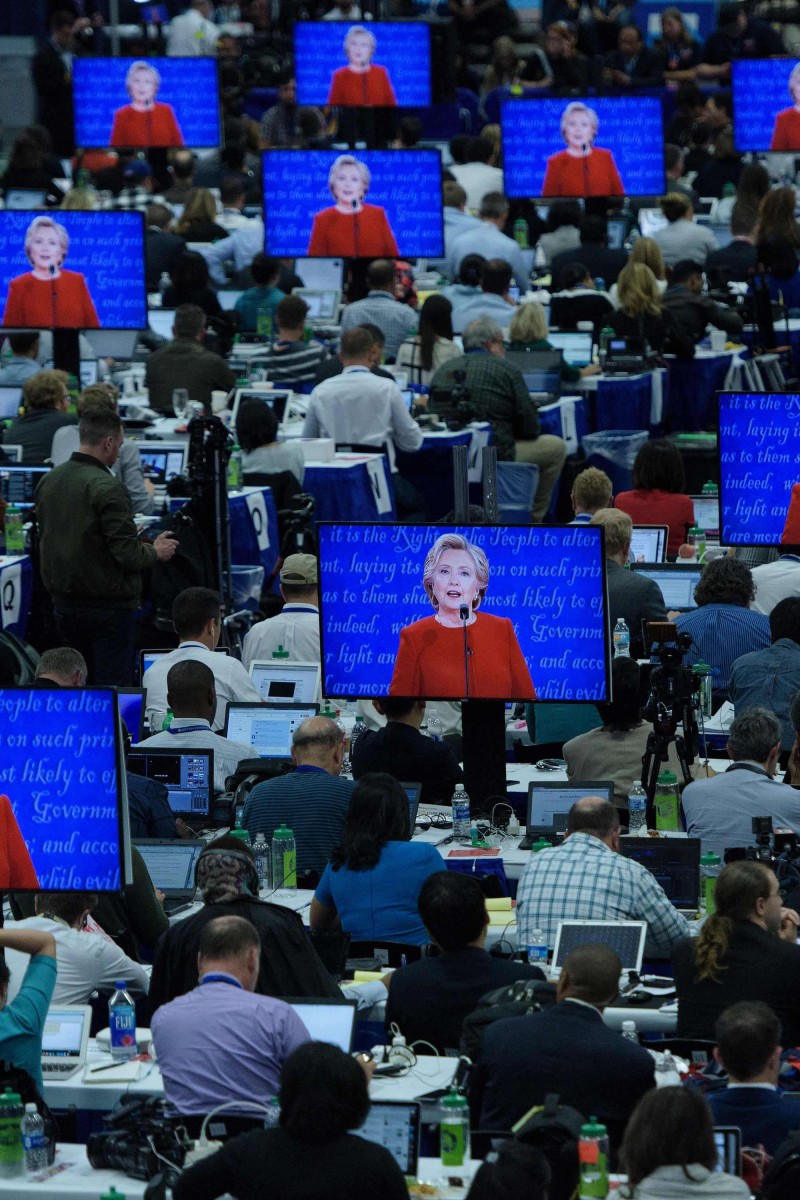 The world is watching.
The world is watching. It is dubbed the world’s most important job, but the next American president will be picked by only a small fraction of the people on the planet. That’s why Pablo Larguia started a website where everyone in the world can, for the first time, support their pick for the Oval Office.
“The world cares about this election,” Larguia, an entrepreneur, said in Hong Kong on a worldwide tour spreading the word about ThePlanetforUSA.org.
“We all have an opinion on who is the right candidate, but the views expressed on social media are rather decentralised.”
As American voters prepare to choose between the Democrat Hillary Clinton and the Republican Donald Trump on November 8, Larguia said he hoped the project could motivate more Americans to vote by showing them the intensity of interest in the poll among non-Americans.
As of Sunday, 1.1 million people had taken part in Larguia’s campaign, with India and China topping the Asian turnout.
Some 74 per cent of total voters supported the Democratic candidate and former first lady, while 26 per cent backed the real estate billionaire Republican.
In Hong Kong, about 20,000 people had taken part by Saturday.
With scandals surrounding Trump’s attitude to women and Clinton’s emails dominating much of the campaign, issues that would impact America’s relations with the world in the next four, or perhaps eight, years – like trade, immigration and defence – have got less attention during the pair’s presidential debates.
Trump has appeared ready to befriend Russia’s President Vladimir Putin and end the plan of the Trans-Pacific Partnership deal designed by President Barack Obama’s administration. Both candidates have been critical of China’s human rights record and state-sponsored regional economic dominance.
Election campaign offers snapshot of ‘two Americas’ as extreme polarisation continues to transform political landscape
In another survey, 67 per cent of Hongkongers said they expected Clinton, a former secretary of state, to win the presidency, while just 13 per cent predicted a Trump triumph.
The poll, conducted between September 30 and October 2 by YouGov, asked 1,000 respondents aged 18-54.
The night before the election, Larguia’s group will release country-by-country statistics on the support rate for each candidate. Larguia said he hoped American voters would be more enthusiastic about turning up to vote after hearing non-American voices.
This is especially important given the traditionally low voter turnout in the US, he added.
According to Pew Research, US turnout in the 2012 presidential election was 53.6 per cent, based on 129.1 million votes cast and an estimated voting-age population of just under 241 million people.
By comparison, judging from the most recent national elections in OECD countries, the highest turnout rates were in Belgium (87.2 per cent), Turkey (84.3 per cent) and Sweden (82.6 per cent).
<a href="http://polldaddy.com/poll/9559927/">Who would you vote for?</a>
